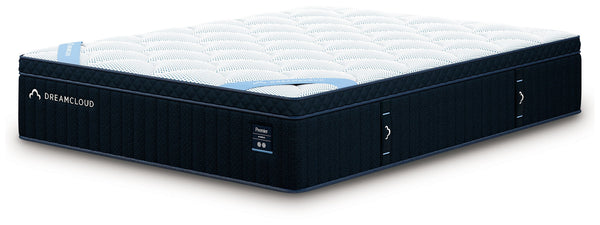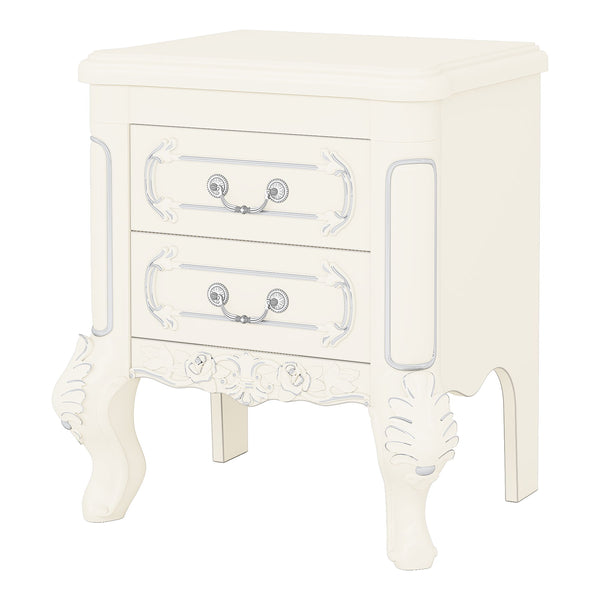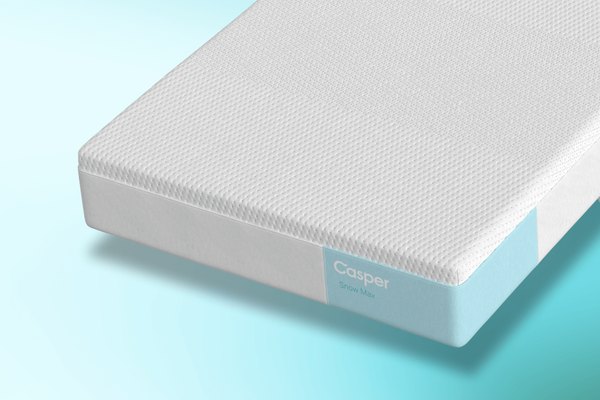
Overview
Investing in a good mattress is crucial for quality sleep, which significantly impacts your physical and mental health. Understanding sleep stages, choosing the right mattress based on sleeping position, and maintaining proper sleep hygiene can enhance your overall well-being. Prioritize your sleep for a healthier, happier life.
Frequently Asked Questions
1. Why is sleep important for health?
2. What stages of sleep are there?
3. How does a good mattress affect sleep quality?
4. What should I consider when choosing a mattress?
5. How can I maintain my mattress for longevity?
Sleep is an essential aspect of human health and well-being, yet many people underestimate its significance. For a variety of reasons, including busy lifestyles and stress, quality sleep is often compromised. However, one of the most effective ways to ensure better sleep is by choosing the right mattress. In this article, we will delve into why a good mattress matters, the impact of sleep quality on your overall health, and tips for selecting the perfect mattress for your needs.
The Science of Sleep
Before we dive into the specifics of mattresses, it’s vital to understand the science behind sleep. Sleep is categorized into several stages, including light sleep, deep sleep, and REM (Rapid Eye Movement) sleep. Each stage is crucial for various restorative functions in the body. Deep sleep, for instance, helps in cellular repair and rejuvenation of the immune system, while REM sleep plays a significant role in cognitive processes like memory and mood regulation.
The Stages of Sleep Explained
- Stage 1: Transition between wakefulness and sleep, lasting a few minutes.
- Stage 2: Light sleep where the heart rate slows, and body temperature drops.
- Stage 3: Deep sleep critical for restorative functions.
- REM Sleep: The dream state associated with brain activity, essential for memory and learning.
Understanding these stages elucidates the need for a supportive sleeping environment, which is significantly influenced by your mattress choice.
Why a Good Mattress is Crucial for Quality Sleep
Your mattress acts as your primary support system while you sleep. An inadequate mattress can lead to poor sleep quality, which often results in grogginess and aches and pains upon waking. Here are a few reasons why investing in a good mattress is essential:
Support and Alignment
A quality mattress offers support for your body, promoting proper alignment of the spine. A mattress that is either too firm or too soft can cause misalignments, leading to discomfort and even long-term issues such as chronic pain or nerve problems. Look for a mattress that caters to your specific sleeping position:
- Back sleepers: May benefit from medium-firm mattresses that support the lower back.
- Side sleepers: Often need softer mattresses to cushion the shoulders and hips.
- Stomach sleepers: Typically require firmer options to prevent the spine from arching unnaturally.
Pressure Relief
Quality mattresses are designed to relieve pressure points, particularly in areas like the shoulders, hips, and joints. Memory foam and hybrid mattresses are known for their ability to contour to the body, providing personalized comfort and support. This pressure relief leads to fewer disturbances during the night, allowing for deeper, uninterrupted sleep.
Temperature Regulation
Another significant factor in sleep quality is temperature. A good mattress helps in regulating body temperature, ensuring that you don’t overheat during the night. Look for materials that offer breathability, such as gel-infused memory foam or natural latex, which can provide a cooler sleeping experience.
How a Good Mattress Affects Your Health
The impact of sleep on overall health cannot be overstated. A quality mattress significantly affects not only the quality of your sleep but also various aspects of your physical and mental health:
Improved Mood
Good sleep improves emotional regulation and cognitive function. Sleep deprivation can lead to irritability and increased stress levels. A comfortable mattress can promote a restful night's sleep that enhances mood and emotional resilience.
Enhanced Cognitive Function
Sleep is essential for memory consolidation and cognitive function. Ensuring that you have a comfortable and supportive mattress can help you achieve the necessary deep and REM sleep required for optimal brain function.
Physical Health Benefits
Quality sleep enhances the immune system, cardiovascular health, and hormone regulation. By investing in a supportive mattress, you reduce the risk of sleep-related issues such as sleep apnea, obesity, and even chronic diseases.
Finding the Right Mattress for You
With so many options available, selecting the perfect mattress can be daunting. Here are some tips to simplify your process:
Assess Your Sleeping Position
As mentioned earlier, your sleeping position significantly influences your mattress choice. Identify your preferred position and look for mattresses that cater to your specific needs. If you tend to switch positions throughout the night, consider a mattress that has adaptive qualities.
Consider Material Preferences
Different materials offer varying levels of comfort and support. Popular types include:
- Memory Foam: Excellent for pressure relief and contouring.
- Latex: Offers responsiveness and breathability.
- Innerspring: Provides traditional bounce and support.
- Hybrid: Combines multiple materials for balanced support and comfort.
Test Before You Buy
Whenever possible, test a mattress before purchasing. Many stores offer a trial period wherein you can sleep on the mattress for a certain duration. This practice allows you to truly assess comfort and support tailored to your unique needs.
The Importance of Maintaining Your Mattress
Owning a great mattress is just the first step; proper maintenance is crucial for longevity and sustained performance:
Regular Cleaning
Dust mites and allergens can accumulate on your mattress over time. Regularly vacuum the mattress and use a mattress protector to guard against spills and stains. This not only prolongs the life of your mattress but also contributes to a healthier sleeping environment.
Flipping and Rotating
Many mattresses benefit from flipping or rotating to ensure even wear. While not all mattresses can be flipped, rotating can help in maintaining comfort and support.
Follow Manufacturer Guidelines
Always refer to the manufacturer’s guidelines for care instructions specific to your mattress material. Following these guidelines will help you maximize your investment.
Sleep Hygiene: Beyond the Mattress
While your mattress plays a vital role in ensuring good sleep, it’s essential to establish a healthy sleep environment and habits:
Create a Relaxing Sleep Environment
Your bedroom should be a sanctuary for sleep. Keep the room dark, quiet, and cool. Consider using blackout curtains, eye masks, or white noise machines to facilitate better sleeping conditions.
Establish a Sleep Routine
Consistent sleep and wake times help regulate your body’s internal clock, leading to improved sleep quality. Avoid screens and stimulants near bedtime, which can interfere with your ability to fall asleep quickly.
Mind Your Diet
Your diet can also impact sleep quality. Avoid caffeine and heavy meals before bedtime. Instead, consider a light snack if you are hungry, such as a banana or a handful of almonds, which can facilitate sleep.
Embrace the Power of Sleep
Investing in a good mattress is paramount for achieving quality sleep, which, in turn, positively affects your overall health and well-being. Understanding the importance of sleep, recognizing how a supportive mattress contributes to restful nights, and implementing proper sleep hygiene practices can transform your sleep experience. Your mattress is more than just a place to rest; it’s an investment in your health and future. So go ahead, prioritize your sleep, and embrace the enhancements it brings to your life!









